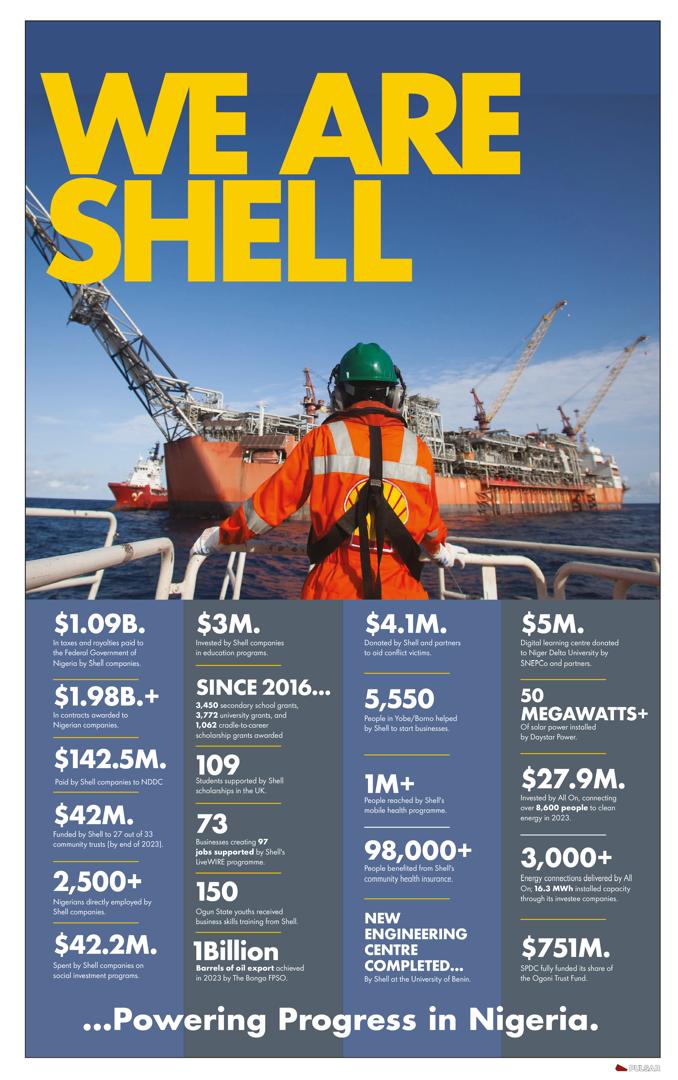EXCITING NEWS: TNG WhatsApp Channel is LIVE…
Subscribe for FREE to get LIVE NEWS UPDATE. Click here to subscribe!
Contrary to the Central Bank of Nigeria’s (CBN) denial of devaluing the naira, the decision to float the currency has indeed resulted in a devaluation by approximately 40 per cent, TheNewsGuru.com (TNG) can report.
Reports emerged claiming that the CBN devalued the naira from N461.6 to N631.00 on the Importer and Exporter (I&E) market segment, following President Bola Tinubu’s announcement of plans to unify the exchange rates.
In response, the CBN’s Assistant Director of Corporate Communications, Isa AbdulMumin, issued a statement dismissing the reports as false and misleading.
However, the CBN’s denial contradicts the reality on the ground. Financial analyst Kalu Aja explained that when a currency is floated, it allows for depreciation or appreciation.
In this case, the floating of the naira has led to its depreciation, resulting in a devaluation of approximately 40 per cent. The exchange rate at the Investors’ & Exporters’ (I&E) window opened at N712 per $1 and closed at N663 per $1 on June 16, 2023, contradicting the CBN’s claim of stability.
Aja further emphasized the lack of clarity and communication from the government regarding its policies.
“The absence of clear directives and limited information has caused confusion among the public. The government’s objectives appear to be targeting foreign investors to attract capital inflow, reduce imports, increase export earnings, and encourage remittances.
“However, there is a need for transparency and comprehensive policy communication to address the ongoing uncertainties,” he said.
The CBN later announced new measures and an exchange rate model through a recent circular signed by the Director of Financial Market Angela Sere-Ejembi.
According to the circular, “the operational rate for all government-related transactions will be the weighted average rate of the preceding day’s executed transactions at the Importer and Exporter (I&E) Window, calculated to two decimal places”.
Furthermore, the circular announces the re-introduction of the “Willing Buyer, Willing Seller” model at the I&E Window. Eligible transactions will have access to foreign exchange at this window, guided by the existing circular issued on April 21, 2017, referenced as FMD/DIR/CIR/GEN/08/007.
The CBN also plans to discontinue the RT200 Rebate Scheme and the Naira4Dollar Scheme, effective from June 30, 2023.
Chief Economist and Head Research at KPMG NG and Former Statistician General/CEO of the National Bureau of Statistics, Yemi Kale, expressed his opinion on the matter.
He emphasized the importance of identifying the drawbacks of every policy, regardless of its desirability, in order to develop effective solutions to counter or mitigate the impacts.
Kale highlighted the significance of micro, small, and medium-sized businesses in Nigeria, which constitute over 90 per cent of Nigerian businesses, employ over 80 per cent of the workforce, contribute around 40 per cent to GDP, and heavily rely on PMS for their operations.
“While the subsidy definitely had to go, I’m not sure it’s a good idea to play down the impact,” Kale said.
The move away from a fixed foreign exchange policy toward a managed float indicates a loosening of control by the CBN.
Nigeria previously maintained a tightly controlled official exchange rate, but individuals and companies faced difficulties accessing foreign currency at those rates.
This marks the first major devaluation of the naira on the official market since 2016, prior to the introduction of the managed exchange rate in 2017.
The CBN’s new measures and exchange rate model aim to address the challenges posed by multiple exchange rates and foster transparency in Nigeria’s foreign exchange market.
Meanwhile, both the Manufacturers Association of Nigeria (MAN) and Association of Corporate Treasurers of Nigeria (ACTN) have expressed their support for the CBN’s decision to float the naira, believing that it will enhance market efficiency and restore investor confidence in the Nigerian economy.








